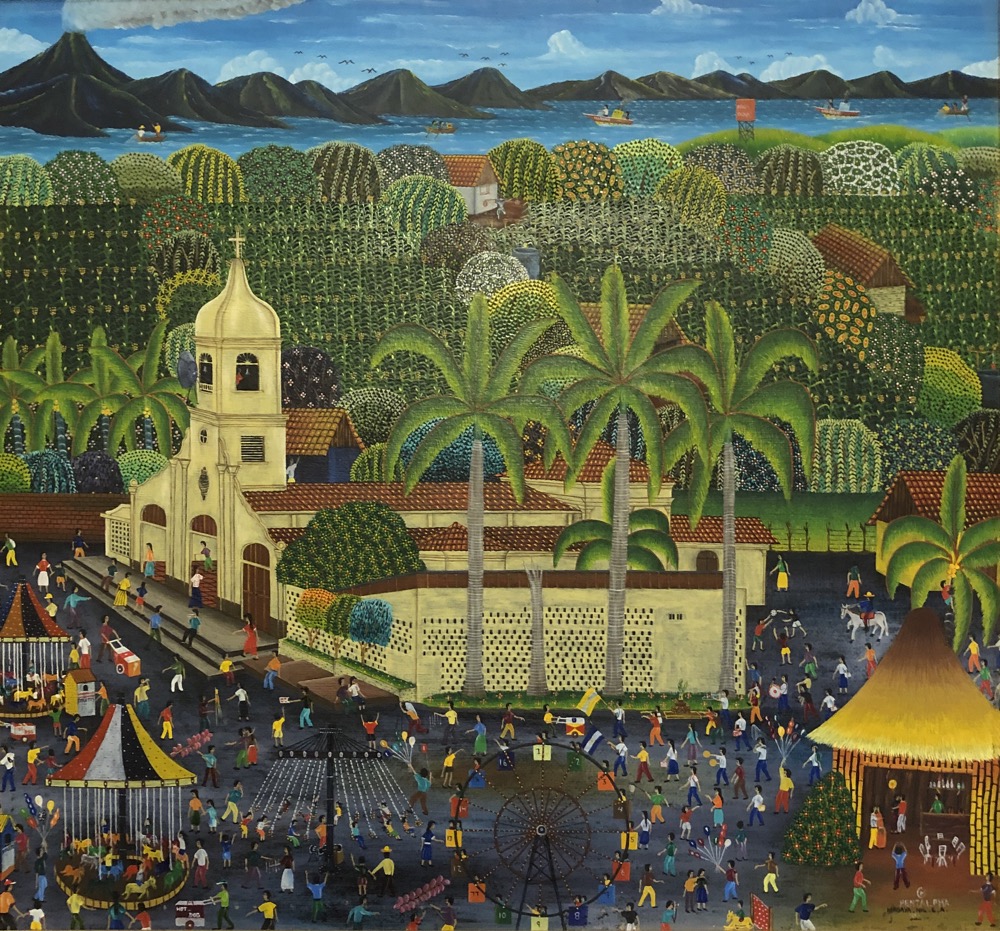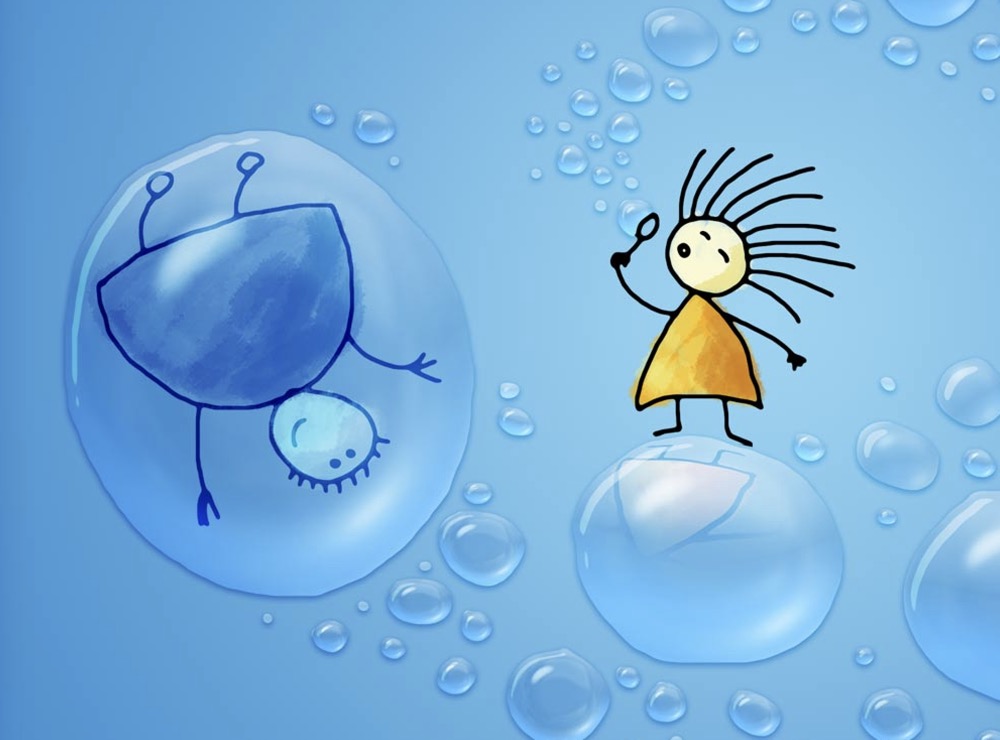
- January 24, 2022
- Education, Educational Philosophy, Emotional Intelligence, Intercultural, Learning, Psychology, Social Skills
Let me share with you on the International Day of Education some thoughtful ideas about the psychological, social, and cultural nature of education in a few paragraphs, extending them to education professionals, teachers, mentors and professors. How we should instill in their teaching profession the knowledge, skills, and dispositions that are related to the affective dimensions and the world of emotional intelligence and learning to be.
Education begins and ends with humans. Thus, to understand the concepts of education we study ourselves and our existence. Man’s existence allows him or her to be tomorrow that which he or she is not today. The human being is born in solitude. However, in the brief moments after the birth, this person feels desolate and is unable to survive by him or herself. Unlike other animal species, man or women requires an extended childhood filled with nurturing and protection to thrive. The human being, by instinct and wisdom, understands the vulnerability of his solitude and transforms it into solidarity. He or she discovers fraternity as a result of their own existence. The human being understands that to live is another name for existing in connection with others.
Gradually, this human being learns that, in order to live in a community, he or she needs to accept certain behavioral norms and social models. Neither of them is one-dimensional but plural, complex, diverse, multidimensional. Culture, as the creative expression of human beings, is the gathering along the ages of different learnings and unlearnings that are integrated into mankind’s historical journey: values, traditions, beliefs, myths, ideologies, customs, science, attitudes. An individual becomes a cultural being in the heart of his social and communal parcel. He or she tends to behave and evolve on the grounds of social ethics. Those grounds -concern for others, tolerance of differences, respect of freedom, determine people’s daily tasks in connection with their culture. But there is no convincing social ethics if society itself does not allow permanent self-analysis and self-criticism which aids human beings to perfect themselves in a changing world. A world in which external stimuli and new creations are constantly assailing each of us.
 Out of man’s ability to choose will come his or her stagnation, backing down, or their progress. By means of constant cultivation and cooperation, human beings will be able to better themselves and come closer to the goals and aspirations of their time and the times to come. Keppler speculated, like the Greeks before him, about the harmony of the Universe. People of today’s civilization keep on deliberating about the chaos, harmony, and equilibrium they long for: social justice, freedom and peace. If these goals are to be achieved, culture and education must take precedence over selfishness and arrogance in contemporary man’s life. Through culture and education a person can elevate him or herself, their fellows, and the civilization he or she has created, towards the hopeful future each person envisions, yet is unable to grasp. The future we are longing for could become a reality by means of collective effort, inter-ethnic and fraternal, which is able to go beyond the artfulness of words to stimulate the creativity and the political will of the nations.
Out of man’s ability to choose will come his or her stagnation, backing down, or their progress. By means of constant cultivation and cooperation, human beings will be able to better themselves and come closer to the goals and aspirations of their time and the times to come. Keppler speculated, like the Greeks before him, about the harmony of the Universe. People of today’s civilization keep on deliberating about the chaos, harmony, and equilibrium they long for: social justice, freedom and peace. If these goals are to be achieved, culture and education must take precedence over selfishness and arrogance in contemporary man’s life. Through culture and education a person can elevate him or herself, their fellows, and the civilization he or she has created, towards the hopeful future each person envisions, yet is unable to grasp. The future we are longing for could become a reality by means of collective effort, inter-ethnic and fraternal, which is able to go beyond the artfulness of words to stimulate the creativity and the political will of the nations.
These crucial aims of education deserve strong theoretical foundations to help future teachers to be educated rather than trained, to be capable of understanding the complexities of the organic society – Gemeinschaft – rather than just the reduction of people to human material – Massenmensch. I have always been uncomfortable with labels, recipes, and linear models for preparing teachers at all levels, although I am aware of their need for developing and learning teaching techniques and a very strong content area. However, we must remember the dependence between theory and praxis; both should be interrelated. There is no applied scientific discipline if there is no discipline to apply. In teacher education, we emphasize the learning of methodologies, content information, and skills to the detriment of what constitutes the core of education which is learning to be. Learning digital skills, and other instrumental abilities, as well as the content of science, technology, humanities, and relevant disciplines, is crucial and necessary. But learning to be is also extremely important and more difficult to achieve since it involves social, emotional, and affective skills. Virtuous teacher role models become in this case indispensable to establish a comprehensive and gestalt learning education. Very little learning is related to the dimensions which require an understanding of ourselves, of others, and of the world in which we live.
Teachers, professors, mentors, and other professional educators encounter psychosocial/cultural forces as primary influences on the process of education. The psychosocial and cultural factors are not only those influences that emanate from the context in which education takes place, but also those which are inherent to the social process and system called education. To a significant extent, the psychosocial/cultural forces which impact education determine the success or failure of the educational enterprise for both individuals and groups. Ethnic, racial, gender and socioeconomic diversity is escalating in schools throughout the world. The world is becoming very rapidly interdependent and intercultural. The influence of this interactive diversity is more and more one of the greatest concerns for both the new teacher and the experienced educator. For many, it is the most critical and demanding reality in the classroom, the school, the university and the educational system.
influences on the process of education. The psychosocial and cultural factors are not only those influences that emanate from the context in which education takes place, but also those which are inherent to the social process and system called education. To a significant extent, the psychosocial/cultural forces which impact education determine the success or failure of the educational enterprise for both individuals and groups. Ethnic, racial, gender and socioeconomic diversity is escalating in schools throughout the world. The world is becoming very rapidly interdependent and intercultural. The influence of this interactive diversity is more and more one of the greatest concerns for both the new teacher and the experienced educator. For many, it is the most critical and demanding reality in the classroom, the school, the university and the educational system.
The needs engendered by social and cultural requirements are addressed by means of educational policies, plans, communication systems, and educational institutions. At the same time, educational systems must be flexible to all forms of acquisition and transfer of knowledge, and they should be open to incorporating nonformal and informal means. Furthermore, it is imperative that prospective teachers and experienced educators be familiar with educational organizations, both in terms of the behaviors of educators and the needs of students, parents, extended family, and communities.
Besides these important psychosocial and cultural factors, educational systems should change the present institutional culture. We need to evolve towards a society where learning is based on the idea that all members are constantly learning, and that the success of the learning processes will depend on the degree to which collaboration is emphasized. Today’s education is overly centered on the “teaching person” rather than on the “learning person”. Centering education on the learner transforms the teacher’s role into one most responsive to contemporary demands: a teacher who is a learner, a facilitator of learning, and a contributor to the growth of students´ affective and cognitive domains. A teacher with total commitment to the profession of teaching and who loves the role of helping to learn.
 Greater emphasis should be placed on understanding the nature of education while taking into consideration its cultural dimensions and the knowledge provided by the integration of multiple disciplinary perspectives in a lifelong learning process. The goal should be for education to facilitate learning together, the development of collaborative attitudes, protection of the environment, and a culture of peace and human solidarity. Furthermore, as I say many times, education is to mould the human being for ongoing change and even for the eventual crisis which might arise as a result of the transition.
Greater emphasis should be placed on understanding the nature of education while taking into consideration its cultural dimensions and the knowledge provided by the integration of multiple disciplinary perspectives in a lifelong learning process. The goal should be for education to facilitate learning together, the development of collaborative attitudes, protection of the environment, and a culture of peace and human solidarity. Furthermore, as I say many times, education is to mould the human being for ongoing change and even for the eventual crisis which might arise as a result of the transition.
Human beings should learn tolerance, ethical behavior, aesthetic sensitivity, and moderation of superfluous elements. A world in which education teaches human beings to foster sharing attitudes, to compete with oneself and not with others, and to develop pity and solidarity for the suffering of mankind. A world free from prejudices, where learning to care, learning to be, learning to grasp the whole and act on the parts, and learning to carry on learning should be society’s main objectives. Such variables are my major concern. We must infuse these cognitive and affective dimensions into the core of all teacher education programs at all levels. Whether the future will be more humane than our past can be determined only by our future efforts.
_______________________________
©2022 Miguel Angel Escotet. All rights reserved. Permission to reprint with appropriate citing.